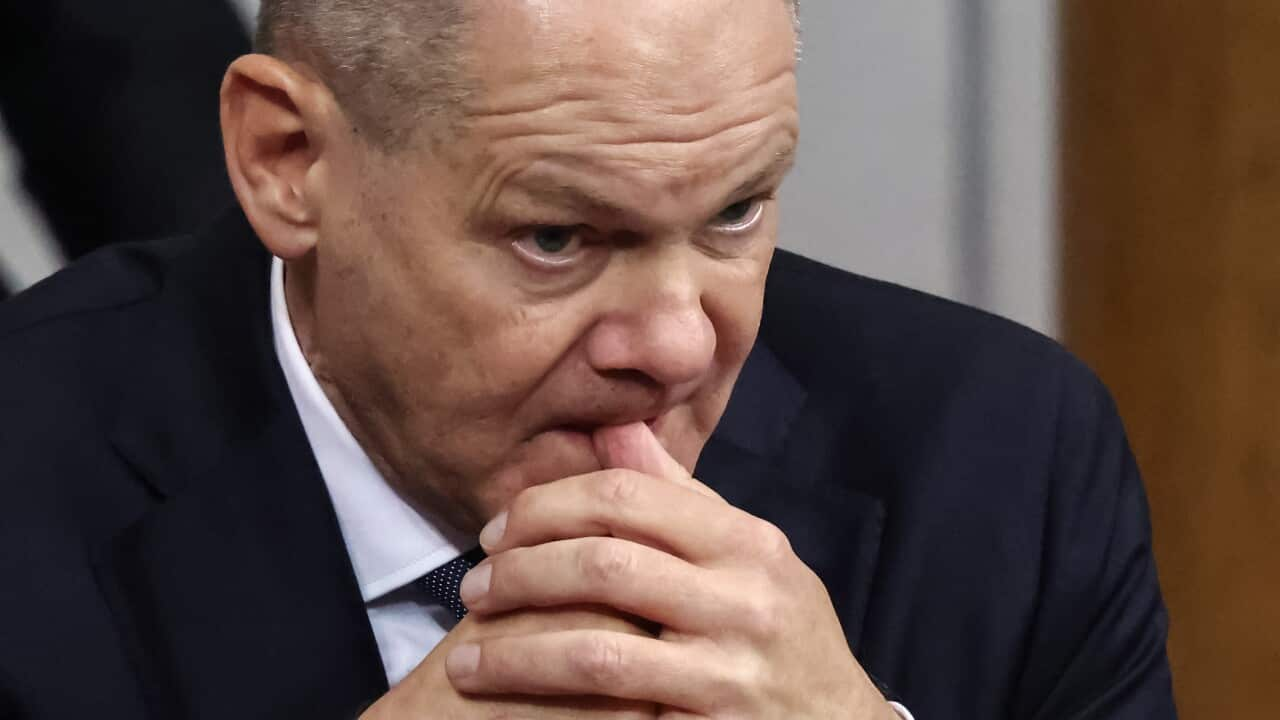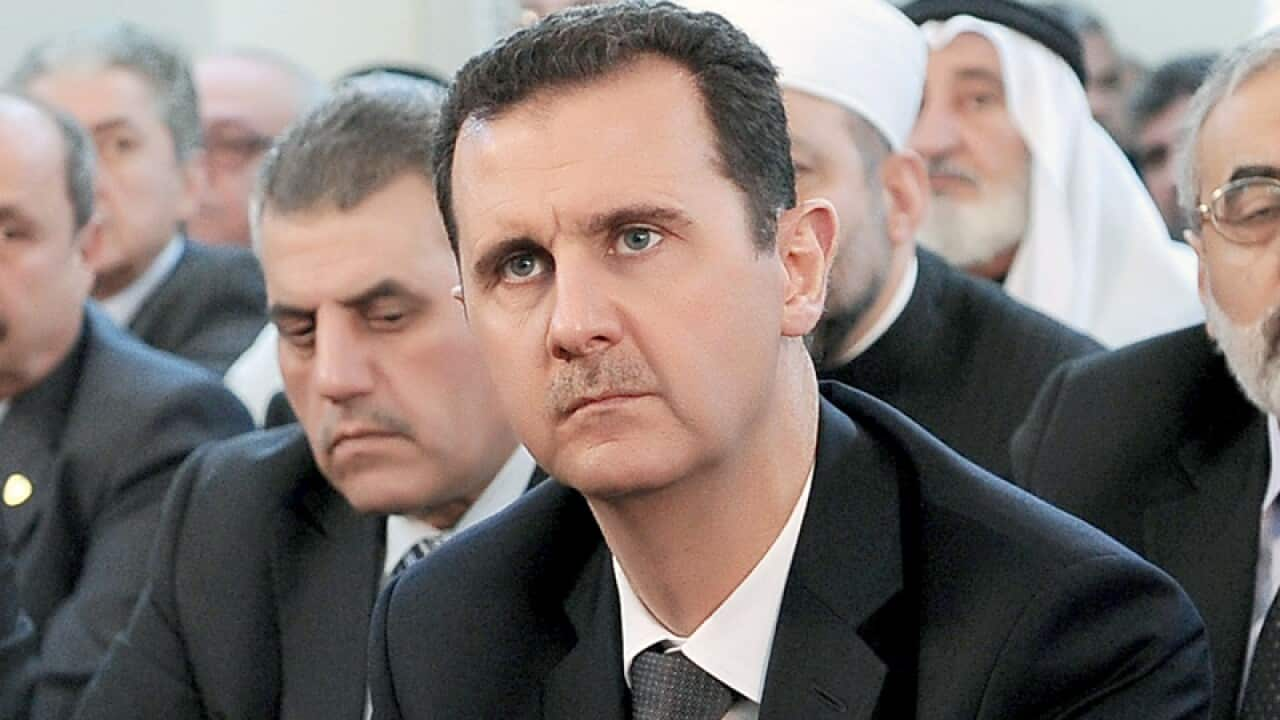German Chancellor Olaf Scholz lost a confidence vote on Monday, spelling the effective end of his troubled government and putting Europe’s biggest economy on the path to elections early next year.
The bigger picture: Rising energy prices, high inflation, a decrease in exports and the ailing car industry, struggling with increasing Chinese competition and the transition to electric vehicles, have all contributed to stagnating economic growth.
The key quote: Addressing parliament ahead of the vote on Monday, Scholz said there were important political issues facing Germany, including long-overdue investments in its ailing economy, that required the public’s input.
“This decision is so fundamental that it must be taken by the sovereign itself, by the voters,” Scholz told MPs.

Chairman of the CSU (Christian Social Union) Alexander Dobrindt (L) and leader of Germany’s Christian Democratic Union (CDU) Friedrich Merz speak to the media after the no-confidence vote. Source: AFP / Ralf Hirschberger / AFP via Getty Images
What else to know: Friedrich Merz, the top candidate of the conservative CDU/CSU alliance who is seen as most likely to replace Scholz, accused the chancellor of leaving behind one of the country’s greatest economic crises in Germany’s post-war history.
What happens next: Now that MPs have withdrawn their confidence in Scholz’s government, the chancellor will immediately ask President Frank-Walter Steinmeier to dissolve parliament and call early elections seven months earlier than originally planned.












